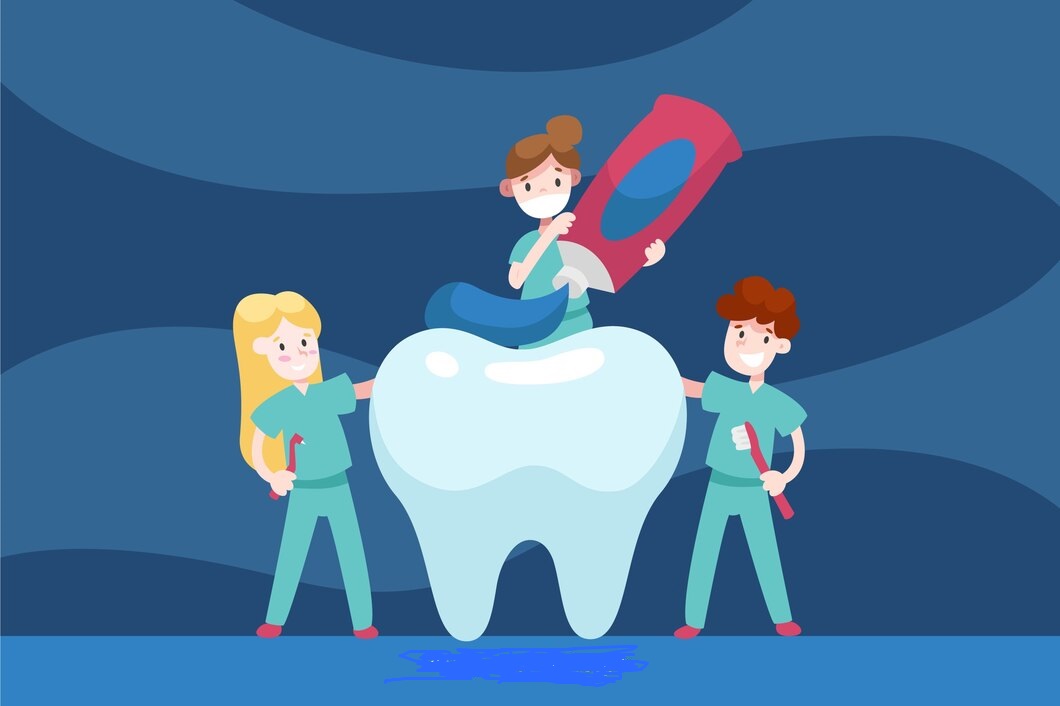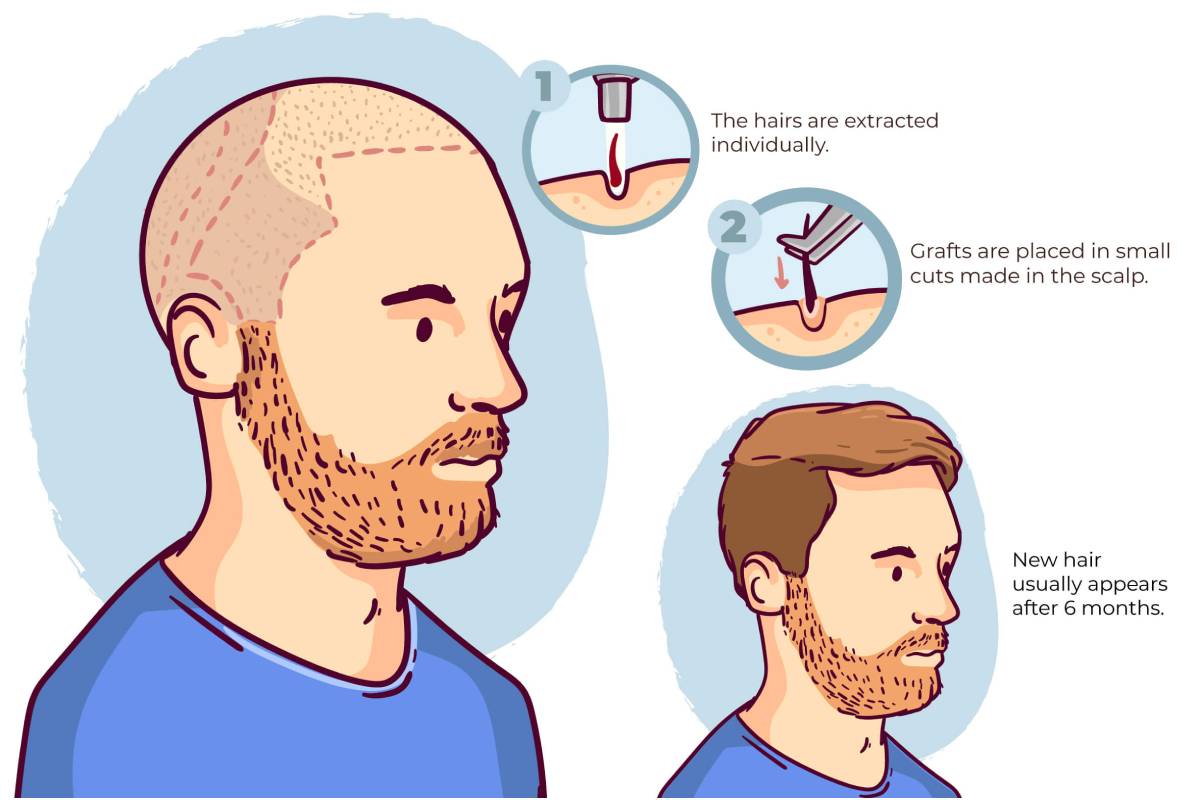
Understanding Periodontal Disease
Periodontal disease, commonly known as gum disease, is a chronic inflammatory condition affecting the gums and bone supporting the teeth. It begins with bacterial growth in the mouth and, if not properly managed, can lead to tooth loss. The two main stages of periodontal disease are gingivitis and periodontitis.
Gingivitis
Gingivitis is the early stage of gum disease, characterized by red, swollen gums that may bleed during brushing or flossing.
Why Gum Health Matters.
- Supporting Teeth: Gums help anchor your teeth firmly, providing stability for chewing and speaking.
- Preventing Tooth Loss: Healthy gums reduce the risk of tooth loss caused by periodontal disease.
- Overall Health: Gum health is linked to broader health issues such as heart disease and diabetes.
- Red, swollen, or tender gums
- Bleeding gums, especially during brushing or flossing
- Receding gums or changes in gum line
- Persistent bad breath
- Loose or shifting teeth
- Pain while chewing
- Pus between gums and teeth
Periodontitis
If gingivitis is left untreated, it can progress to periodontitis. This advanced stage involves the formation of pockets between the teeth and gums, which become infected. The body's immune response and bacterial toxins start to break down the bone and connective tissue that hold teeth in place.
Treatment Options
If you are diagnosed with periodontal disease, your dentist or periodontist may recommend one or more of the following treatments:
- Scaling and Root Planing: Deep cleaning to remove plaque and tartar from below the gum line and smooth the tooth roots.
- Antibiotics: Topical or oral antibiotics to control bacterial infection and reduce inflammation.
- Surgical Procedures: In advanced cases, surgical interventions such as flap surgery or bone grafting may be necessary to repair damaged tissues and restore oral health.
- Lifestyle Changes: Your dentist may advise lifestyle modifications such as quitting smoking or improving oral hygiene practices.
Essential Tips for Gum Health






